research
June 1, 2001
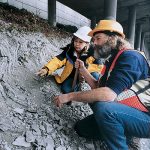
What lies beneath
It terrified many, but the Nisqually earthquake boosted an effort to map the geology of Seattle, helping prepare the region for the "Big One."
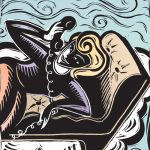
Fighting depression
A UW study found that several brief office visits along with continuing telephone calls or even e-mail can help prevent a relapse of depression.
March 1, 2001
Space force
Throughout the history of the space program, our alumni have pushed back the boundaries of the final frontier.
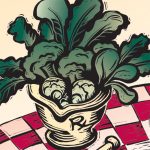
Bitter by nature
When it comes to phytonutrients in vegetables, the demands of good taste and good health may be wholly incompatible.
Brain in focus
A Center for Mind, Brain and Learning to conduct innovative research on early brain and behavioral development has been created at the University of Washington.
December 1, 2000
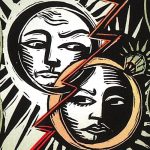
Predicting divorce
Researchers studying the state of American marriages now can predict not only which couples will divorce but also when they will divorce.
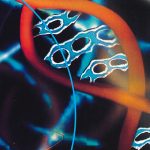
Why cells go bad
Once just a theory, Lawrence Loeb's mutation breakthrough could lead to new cancer treatments and even an unconventional way to stop AIDS.
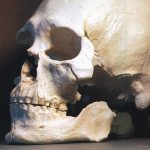
Bones of contention
The saga of Kennewick Man is a volatile mix of race, religion, politics and science, and the UW is right in the middle of it.
September 1, 2000
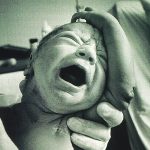
Special delivery
In the debate over Caesarean sections, researchers are finally considering women's health. What they've found so far could be troubling.
Heart attack study
Older women are less likely to receive early treatment following a heart attack than older men and are more likely to be assigned a do-not-resuscitate order during their hospital stay, UW researchers reported.
June 1, 2000
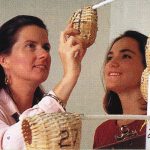
Top teacher
Wendy L. Hill, who is on the faculty of Lafayette College, was named Pennsylvania's 1999 Professor of the Year.

Magnets fight malaria
The power of magnets may defeat malaria, a disease that affects half a billion people a year, according to UW Bioengineering Professor Henry Lai.
March 1, 2000

Anti-bacterial armor
Buddy Ratner is leading a UW research team that may have discovered a way to prevent thousands of deaths from hospital-acquired infections each year.
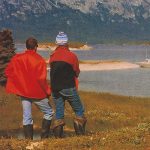
Northern exposure
Students are working alongside UW faculty and graduate students for six weeks, building on a half-century of salmon research.
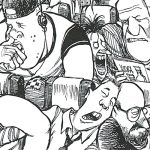
High anxiety
A UW professor and doctoral student conducted a pioneering study of people who fly frequently for business.
December 1, 1999
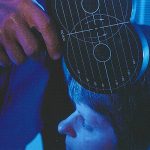
Magnetic relief
Depression's victims sometimes find that drugs and therapy can't help. Soon there may be a new solution — the power of magnetism.
Record funding
The University of Washington received a record $600 million in grant and contract awards for 1998-99.
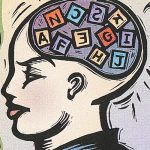
Dyslexia research
UW researchers found that dyslexic children use nearly five times the brain area as normal children while performing a simple language task.
September 1, 1999
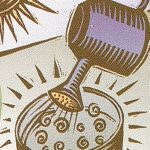
Stem cell breakthrough
A team of UW scientists has found a way to grow stem cells from mice in the laboratory.
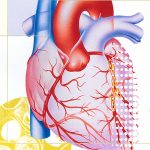
For the heart
UW Professor Thomas Grayston is principal investigator of an $11 million grant to see if killing a form of bacteria reduces heart attacks.